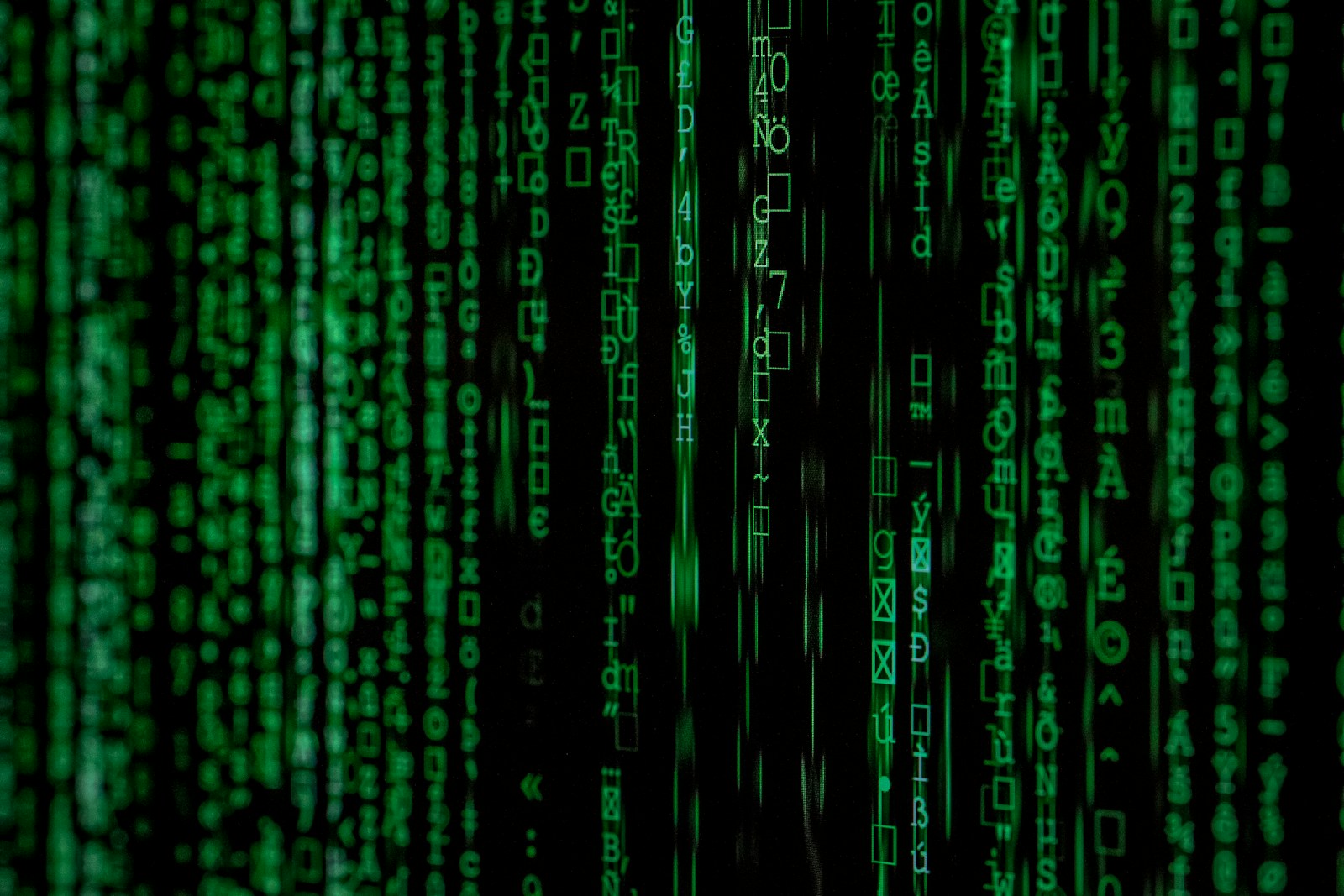Imagine trying to bake a cake by throwing ingredients together without a recipe. Chaos, right? That’s what coding without understanding syntax is like. Syntax is the set of rules that dictate how you write code in a specific programming language, much like grammar rules in English. It’s the difference between a computer understanding your instructions and spitting out errors.
Why is Syntax Important?
- Computers are literal: They can’t interpret your intentions, only the exact instructions you provide. Proper syntax ensures your code is unambiguous.
- Consistency is Key: Syntax creates a shared language for programmers, making it easier to read, understand, and collaborate on code.
- Error Prevention: Even a tiny syntax error can break your entire program. Mastering syntax helps you write cleaner code and avoid frustrating debugging sessions.
Key Syntax Concepts
While syntax varies between programming languages, some common elements include:
- Keywords: Reserved words with specific meanings in a language (e.g., ‘if’, ‘else’, ‘for’ in many languages).
- Operators: Symbols that perform operations on data (e.g., ‘+’, ‘-‘, ‘*’, ‘/’).
- Identifiers: Names you give to variables, functions, etc. (e.g., ‘userName’, ‘calculateTotal’).
- Literals: Direct representations of values (e.g., ‘5’, ‘Hello’, ‘true’).
- Punctuation: Elements like semicolons, parentheses, and brackets, which often define code blocks or separate statements.
Example (Python):
print("Hello, world!")In this simple Python code:
printis a keyword.( )are parentheses used to enclose the argument."Hello, world!"is a string literal.
Pro Tips:
- Start with the Basics: Focus on mastering the fundamental syntax of your chosen language before diving into advanced concepts.
- Practice Makes Perfect: The more you code, the more natural syntax will become. Explore online coding platforms and experiment!
Tags: programming, coding, syntax, beginners, software development, Python
